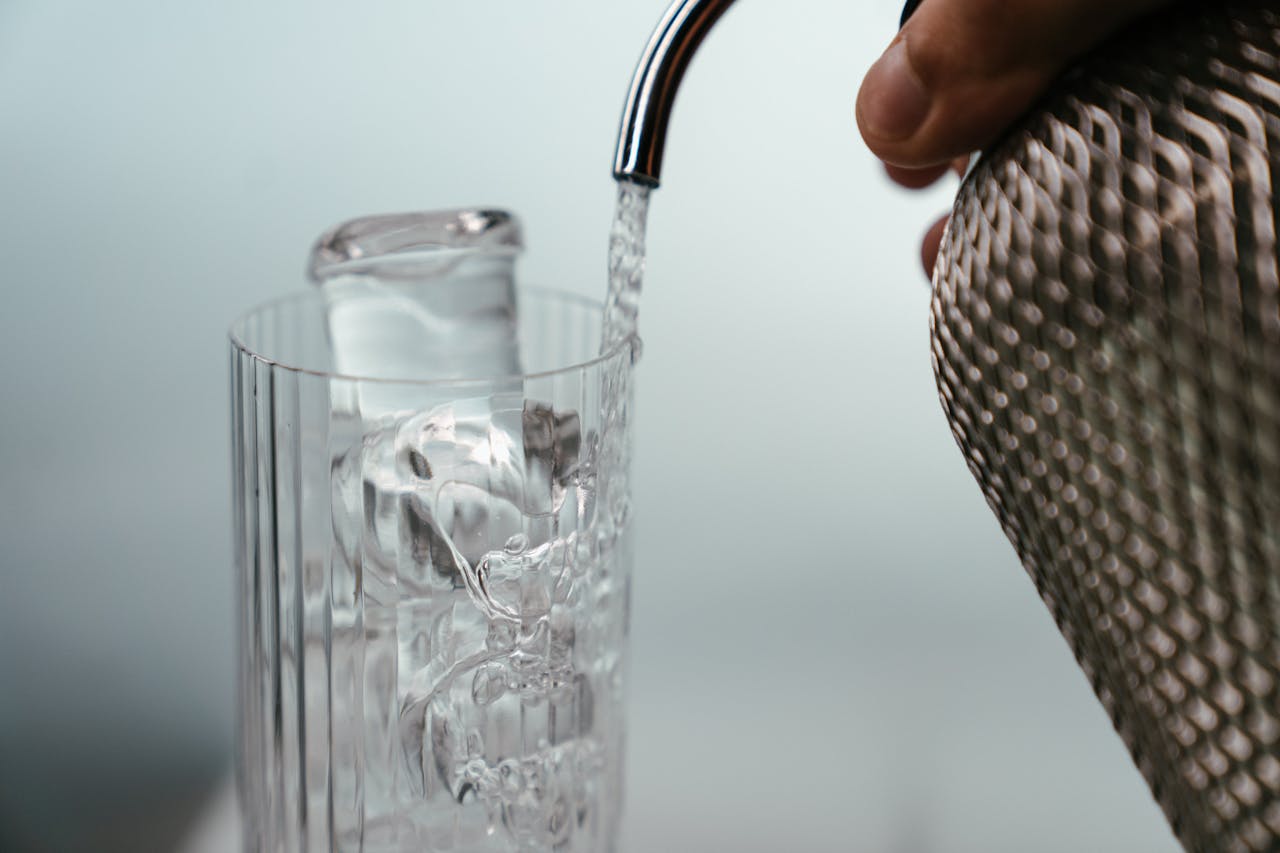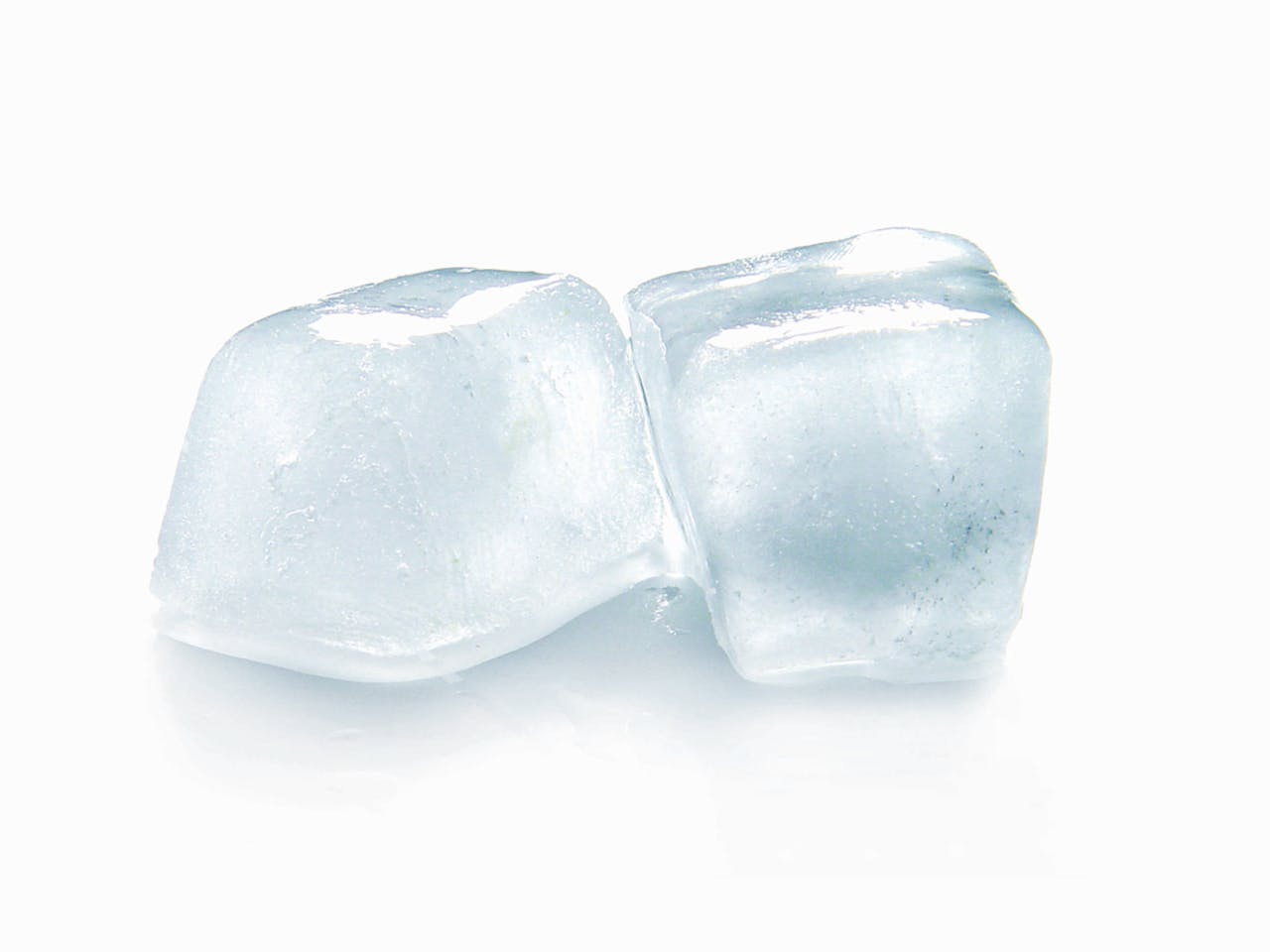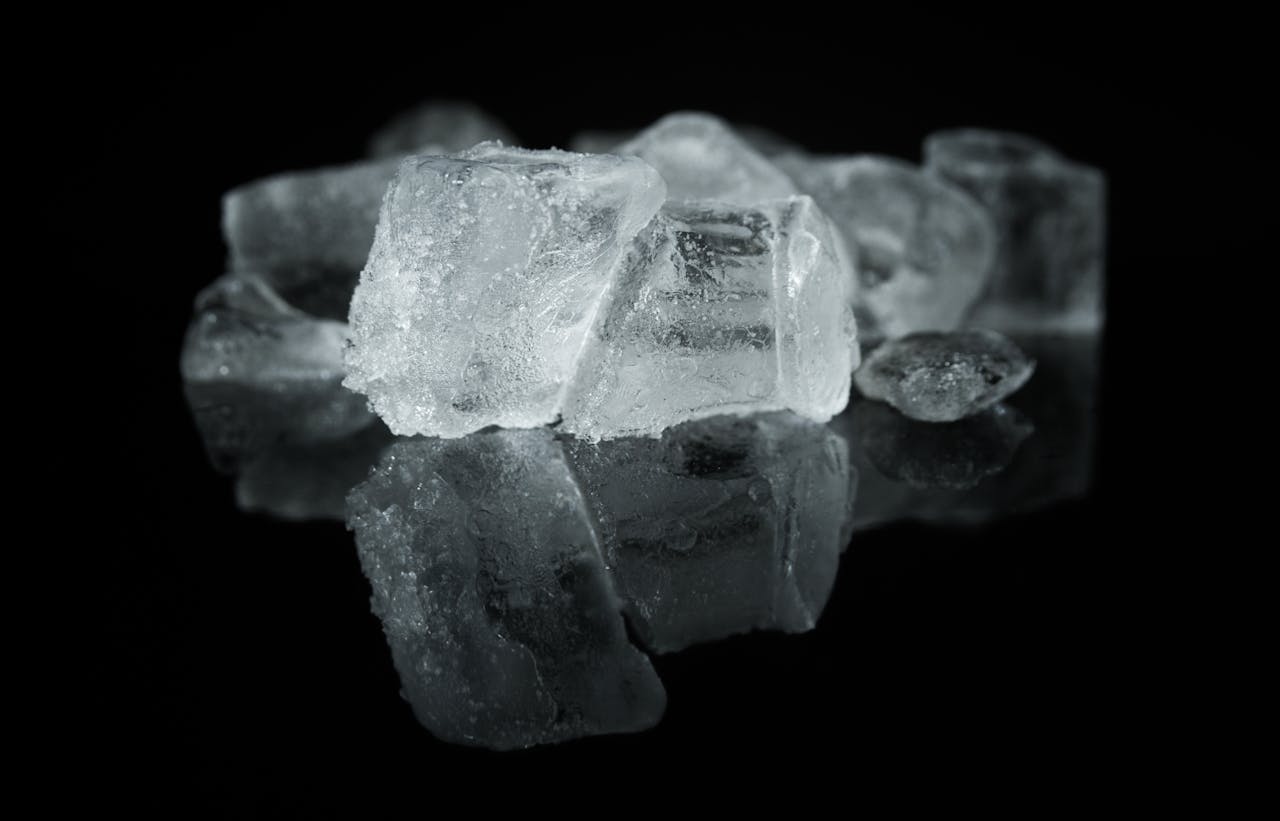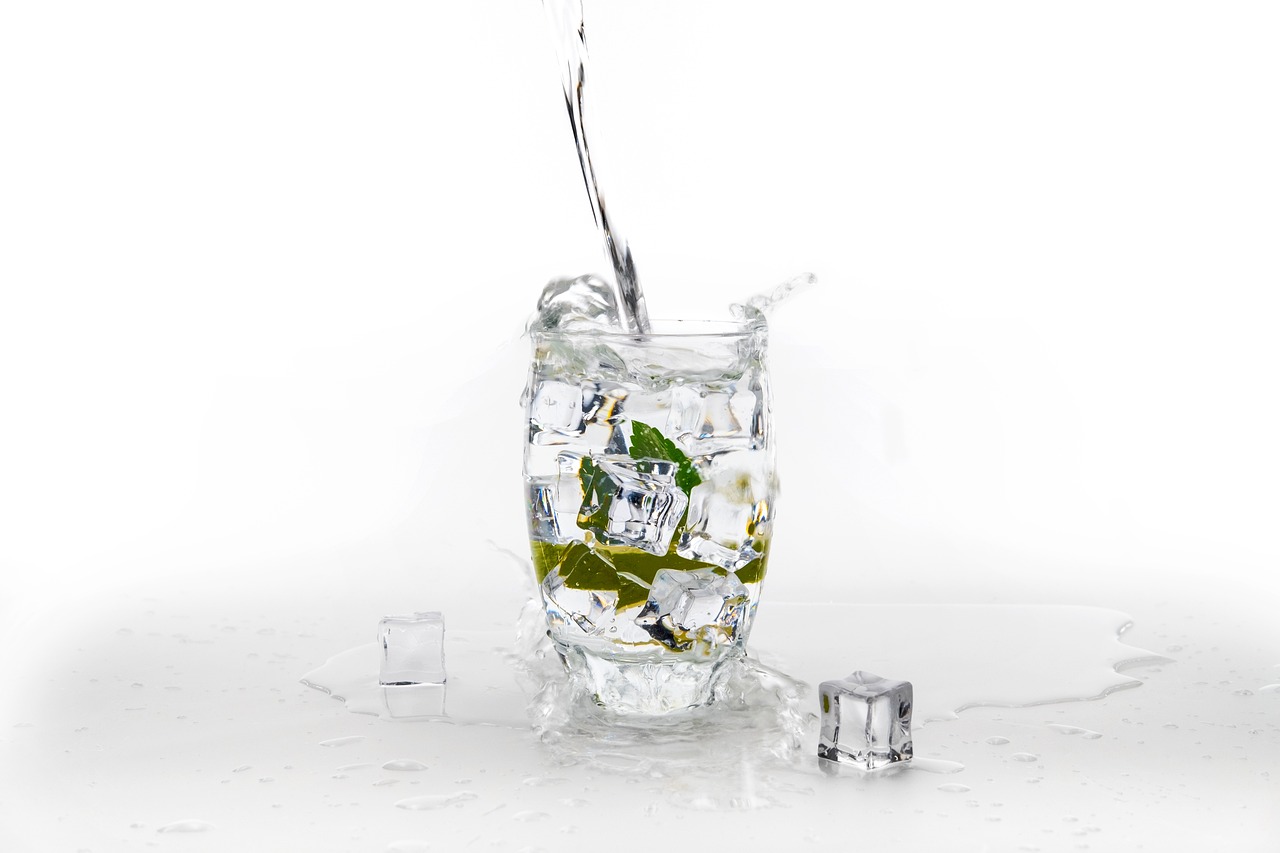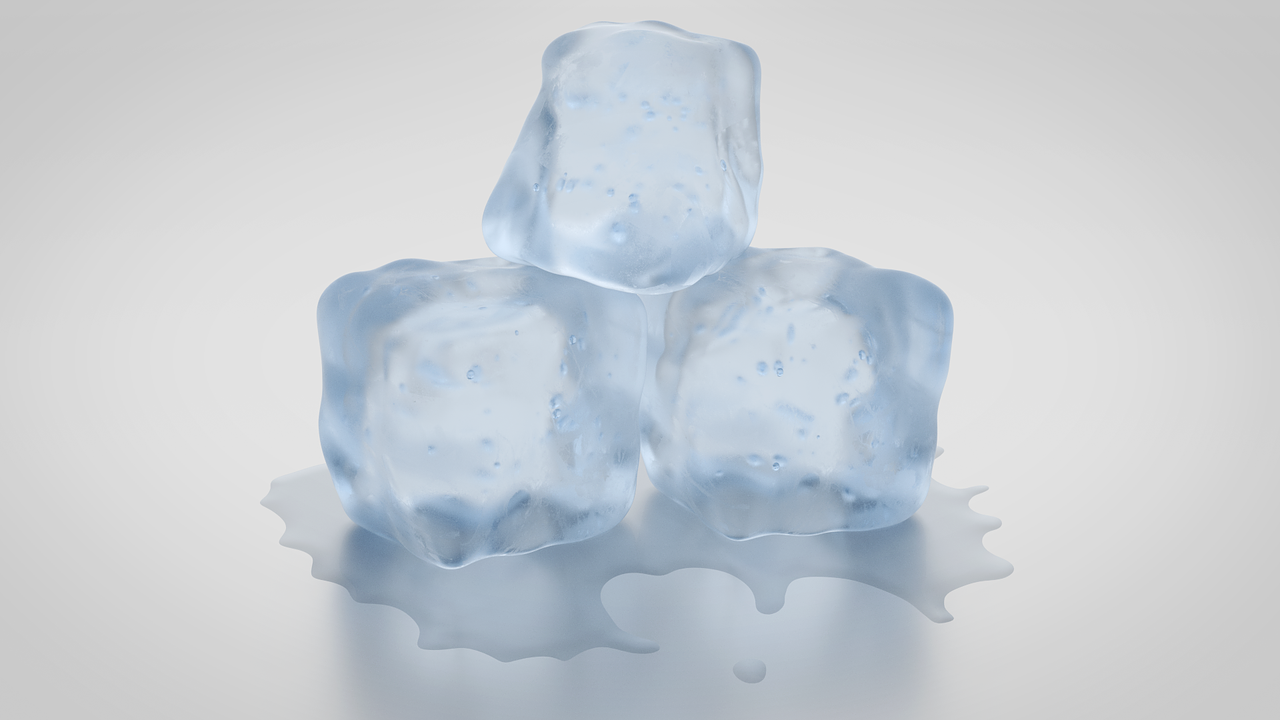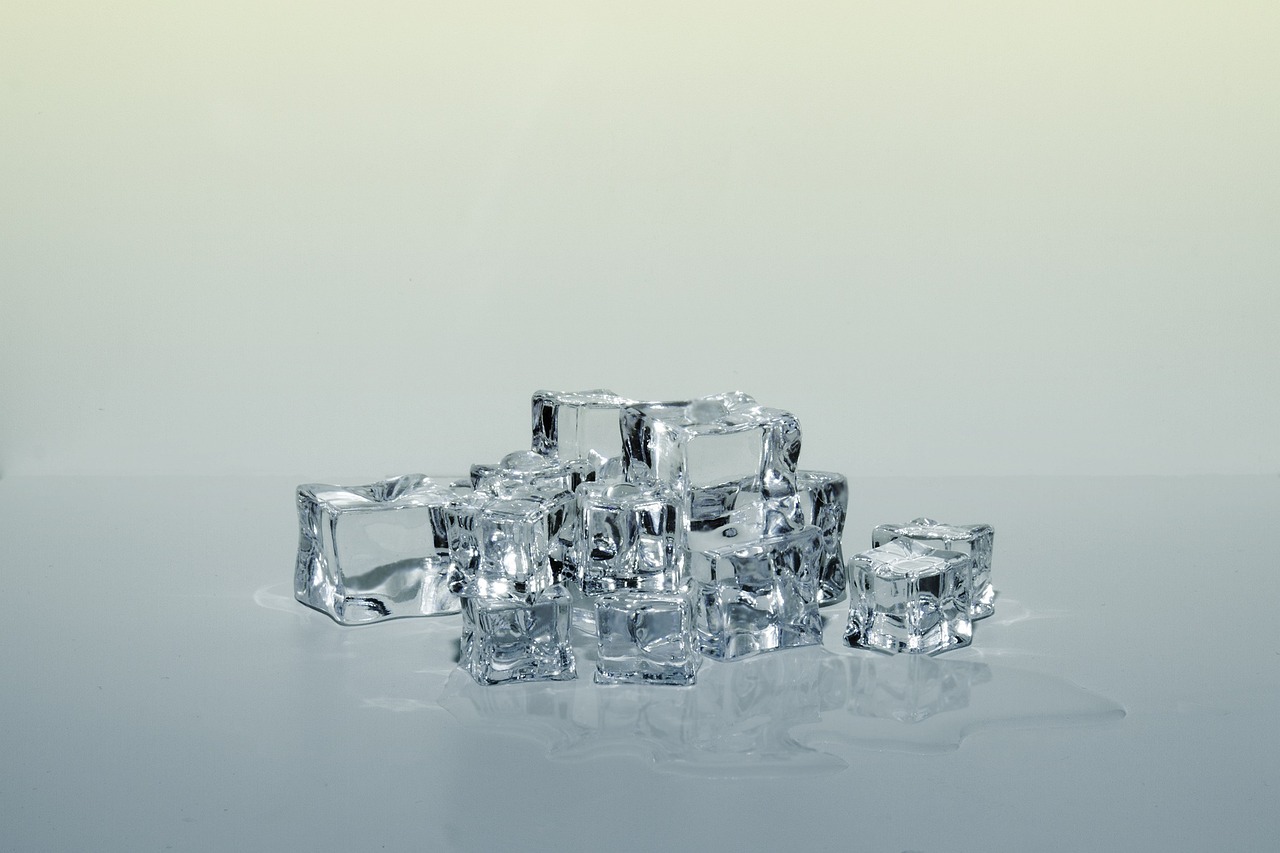Icemakers are a convenient addition to any home, providing a steady supply of ice for everything from refreshing beverages to chilled desserts. However, like any appliance, they can encounter problems if not properly maintained. A malfunctioning icemaker can be frustrating, leading to unexpected delays and costly repairs. Fortunately, with some simple preventative maintenance, you can keep your ice maker running smoothly and efficiently.
In this article, we will explore six essential tips to help you avoid common icemaker issues. These straightforward practices can extend the lifespan of your appliance and ensure it consistently produces ice when you need it. From routine cleaning to monitoring water supply, these maintenance strategies will empower you to take charge of your icemaker’s health, preventing unnecessary breakdowns and ensuring optimal performance.
Whether you’re a new icemaker owner or have been using one for years, implementing these tips will not only save you time and money but also enhance your overall experience with this handy appliance. Let’s dive into the key steps you can take to maintain your ice maker effectively and enjoy hassle-free ice production for years to come.

1. Regular Cleaning
Regular cleaning is essential for the optimal functioning of your ice maker. Over time, ice can collect impurities, leading to off-flavors and odors. Dust, food particles, and mineral buildup can also accumulate in the ice bin and water reservoir, affecting the overall quality of the ice produced. To prevent these issues, it’s important to set a cleaning schedule, ideally every few months, following the manufacturer’s guidelines. Using a mixture of warm water and vinegar or a gentle soap solution can effectively sanitize the interior components of the icemaker without causing damage.
During the cleaning process, focus on areas that are frequently overlooked, such as the ice bin, the ice-making mechanism, and the water inlet. Remove any ice that has formed in the bin, and scrub surfaces with a soft cloth to avoid scratches. Rinse thoroughly to ensure no cleaning residue remains. Additionally, it’s wise to check the drainage system for any blockages, which can cause water to back up and affect the icemaker’s performance. A clean icemaker not only produces better-tasting ice but also operates more efficiently.
Incorporating regular cleaning into your routine will significantly reduce the risk of malfunction and prolong the life of your ice maker. Not only will this maintenance practice enhance the quality of your ice, but it will also ensure that your appliance runs smoothly and reliably. By taking the time to clean your icemaker, you can prevent many common issues and enjoy fresh, clean ice whenever you need it.
2. Check Water Supply Lines
The water supply lines play a critical role in the functioning of your icemaker, as they are responsible for delivering water to the appliance. Regularly inspecting these lines is essential to ensure there are no kinks, leaks, or clogs that could impede water flow. Kinks in the line can restrict water movement, while leaks can lead to water damage and inefficient operation. It’s important to visually examine the supply line for any signs of wear or damage, and replace it if you notice any issues.
To further ensure a steady flow of water, check the water supply valve to ensure it is fully open and functioning correctly. If your icemaker is not producing ice, the issue may lie in the water supply, so it’s worth investigating if there is any blockage. Clear any debris or mineral buildup that may have accumulated around the valve or connection points. By maintaining clean and unobstructed water supply lines, you can prevent disruptions in ice production and keep your icemaker running smoothly.
Additionally, consider the environment around your water supply lines. Ensure they are not exposed to extreme temperatures, which can lead to condensation or freezing that affects performance. Proper insulation or rerouting of supply lines may be necessary in some cases. By being proactive in checking and maintaining the water supply lines, you can avoid future complications that could lead to icemaker malfunctions.
3. Monitor Ice Production And Quality
Keeping an eye on your icemaker’s production and the quality of the ice it produces is a straightforward yet effective maintenance practice. Regularly check the amount of ice generated and look for any abnormalities in its appearance or texture. If you notice that the icemaker is producing less ice than usual or that the ice appears cloudy, these could be early indicators of an underlying issue. Addressing these problems promptly can prevent further complications and keep your ice maker in good working condition.
The quality of the ice is equally important, as impurities can negatively affect the taste of your beverages and food. Ice should be clear and free of any foreign odors. If the ice starts to smell or taste unusual, it may indicate contamination in the water supply or buildup within the ice maker. This could warrant a more thorough cleaning or even the replacement of water filters to ensure that the ice produced is of high quality. Regular monitoring allows you to maintain high standards for the ice produced, enhancing your overall experience.
In addition to assessing the quantity and quality of ice, pay attention to any unusual sounds coming from the icemaker during operation. Grinding or banging noises may signal a mechanical issue that requires immediate attention. By proactively monitoring ice production and quality, you can quickly identify potential problems and take corrective action before they escalate into more serious malfunctions.
4. Maintain Proper Temperature
Maintaining the proper temperature is crucial for the effective operation of your ice maker. Each icemaker model has a specific temperature range in which it functions optimally, usually between 0°F and 5°F (-18°C to -15°C). If the freezer temperature is too high, the icemaker may struggle to produce ice, while extremely low temperatures can lead to frozen components that hinder operation. Regularly check the freezer’s temperature settings and make necessary adjustments to ensure that it stays within the recommended range.
Additionally, consider the location of your ice maker. If it is placed in an area with fluctuating temperatures—such as near an oven or in direct sunlight—its efficiency can be compromised. Make sure the icemaker is situated in a stable environment that adheres to the manufacturer’s temperature recommendations. If needed, you might have to relocate the unit or adjust other appliances in the vicinity to maintain a consistent temperature.
Another aspect to consider is how frequently you open the freezer door. Frequent openings can lead to temperature fluctuations that may affect the icemaker’s performance. Try to minimize door openings, especially during hot weather, to keep the internal temperature stable. By maintaining the proper temperature, you can ensure your icemaker operates effectively, providing you with a reliable supply of ice when you need it.
5. Replace Filters As Needed
Many ice makers come equipped with water filters that help purify the water before it becomes ice. Over time, these filters can become clogged with impurities, reducing their effectiveness and affecting the quality of the ice produced. It’s essential to check the manufacturer’s recommendations regarding filter replacement intervals, typically every six months. Adhering to this schedule not only ensures that your ice remains clean and fresh but also prolongs the lifespan of your ice maker.
When replacing filters, make sure to use the correct type specified by the manufacturer. Using the wrong filter can lead to leaks or inadequate filtration. Additionally, remember to flush the system after replacing the filter to remove any residual carbon or impurities that may have accumulated during the filter’s usage. A simple process like this can significantly improve the ice quality and keep your icemaker functioning optimally.
If you notice a decrease in ice production or changes in the taste and smell of the ice, it may be a sign that the filter needs to be replaced sooner than the recommended interval. Be vigilant about monitoring these indicators and act quickly to ensure the continued effectiveness of your icemaker. By prioritizing filter maintenance, you can enhance the overall performance of your appliance and enjoy high-quality ice consistently.
6. Schedule Professional Maintenance
While many preventative maintenance tasks can be handled by homeowners, scheduling regular professional maintenance can provide an additional layer of assurance for your icemaker’s functionality. A trained technician can conduct a thorough inspection, checking for issues that may not be immediately visible to the untrained eye. During this service, they can clean internal components, verify the functionality of mechanical parts, and identify potential problems before they escalate into major malfunctions.
Professional maintenance typically includes checking refrigerant levels, inspecting electrical connections, and ensuring that all components are operating efficiently. By having your icemaker serviced annually, you can catch minor issues early and avoid costly repairs down the line. This proactive approach not only prolongs the life of your appliance but also helps maintain optimal ice production and quality.
Additionally, a technician can provide valuable advice on maintaining your icemaker based on its specific model and your usage patterns. They may recommend adjustments to your maintenance routine or offer insights on improving ice quality. Investing in professional maintenance can be a small price to pay compared to the costs associated with an icemaker breakdown, making it a smart choice for any homeowner.
Conclusion
In conclusion, maintaining your icemaker through these six preventative maintenance tips can significantly reduce the likelihood of malfunctions and ensure a reliable supply of ice for your needs. Regular cleaning, checking water supply lines, monitoring ice production, maintaining proper temperature, replacing filters, and scheduling professional maintenance are all crucial practices that contribute to the longevity and efficiency of your appliance. By taking proactive steps to care for your icemaker, you not only enhance its performance but also enjoy fresher, cleaner ice for your beverages and meals. Prioritizing maintenance will lead to a more enjoyable experience with your icemaker, allowing you to focus on what matters—enjoying your time with family and friends.
Zuta Appliance Repair: Expert Icemaker Malfunction Repair For Your Berkeley Kitchen
In the heart of Berkeley, California, Zuta Appliance Repair is your trusted partner for maintaining the functionality and convenience of your home. When your icemaker malfunctions, it can disrupt your kitchen’s efficiency, especially during those hot California days. That’s why we’re dedicated to providing top-tier icemaker repair services. Our expertise ensures your icemaker is back to producing ice efficiently, preventing any inconvenience and keeping your kitchen running smoothly. With Zuta Appliance Repair, you’re not just getting a repair—you’re receiving a commitment to quality, integrity, and reliability, enhancing both your kitchen’s performance and your peace of mind.
Experience comprehensive solutions to all your icemaker issues with Zuta Appliance Repair. Our specialized services are designed to extend the life of your appliance and restore your kitchen’s functionality. Our skilled team, equipped with unmatched expertise and a friendly approach, offers cost-effective solutions that ensure long-lasting results. This is more than just a repair service—it’s about restoring convenience and comfort to your home. Choose Zuta Appliance Repair for an improved lifestyle. Contact us now at (415) 592-4633 and let us get your icemaker back to being a reliable part of your daily life, offering cool convenience and peace of mind.
Disclaimer
The materials available on this website are for informational and entertainment purposes only and not to provide legal or professional advice. You should contact your attorney or home improvement specialist to obtain advice concerning any particular issue or problem. You should not act or refrain from acting based on any content included in this site without seeking legal or other professional advice. The information presented on this website may not reflect the most current home improvement developments. No action should be taken in reliance on the information on this website. We disclaim all liability concerning actions taken or not taken based on any or all of the contents of this site to the fullest extent permitted by law.

